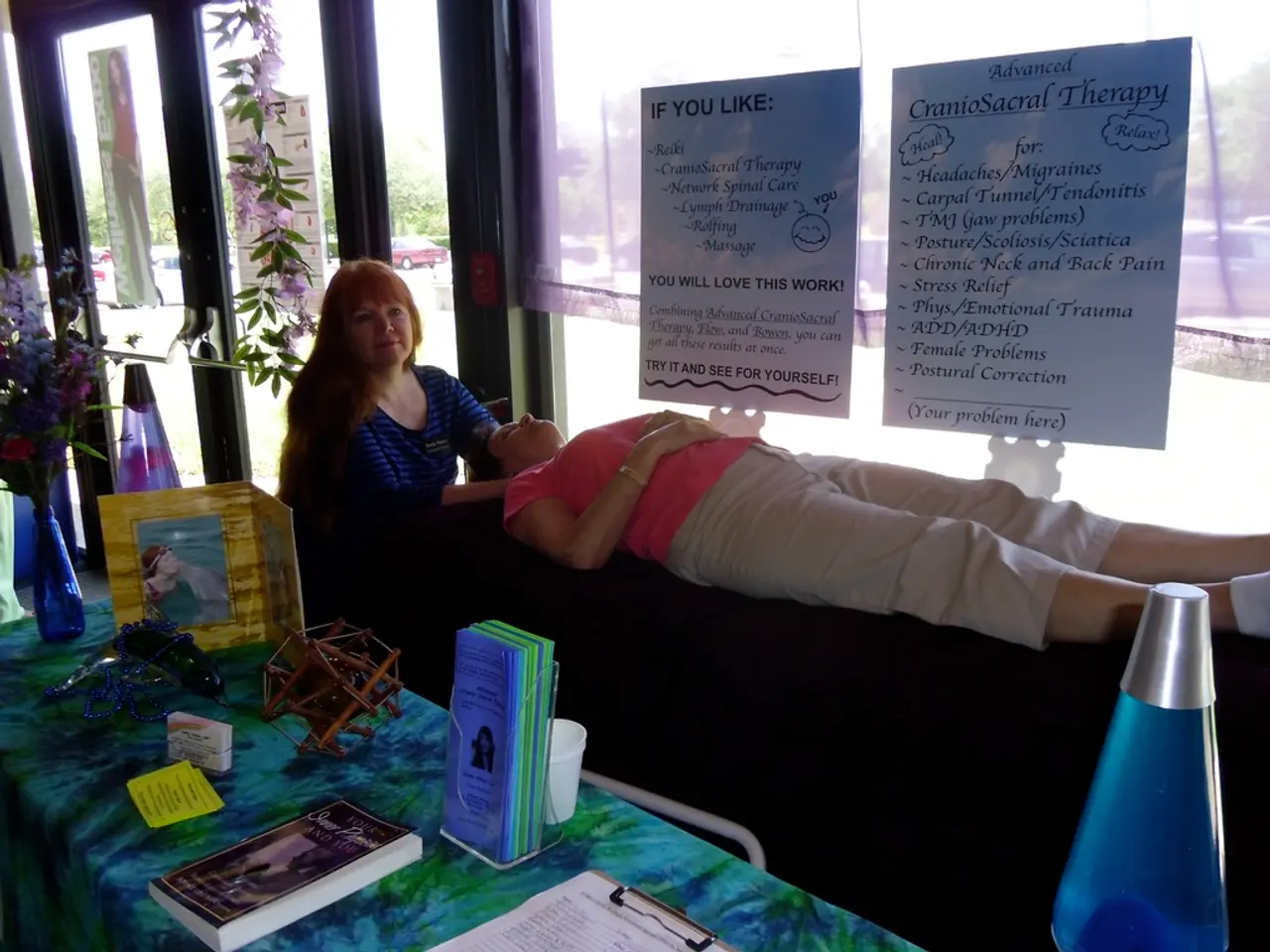Support services for individuals identifying as people of color and indigenous communities, focusing on mental health concerns and guidance.
Mental health is a crucial aspect of overall well-being, but accessing mental health services can be challenging for individuals from historically marginalized groups.
Racial trauma, a consequence of systemic racism, can produce chronic stress, feelings of hopelessness and sadness, and in some situations, thoughts of suicide. A 2017 study found that Black males who were aware of racial discrimination at a young age were more likely to have symptoms of anxiety and depression during their 20s and early 30s. Similarly, a 2019 statement from the American Academy of Pediatrics found that adolescents frequently exposed to racial discrimination and stereotypes are likely to be chronically stressed, which can harm the body and increase the risk for disease.
The COVID-19 pandemic and other recent events have brought national attention to the many forms of racism faced by People of Color and Indigenous people. These experiences can disproportionately make individuals from these groups more likely to develop mental health conditions.
Language barriers and cultural misunderstandings can also limit access to mental health services. Having a language barrier may cause communication difficulties between you and a therapist who does not understand your culture or speak your language.
Fortunately, several organisations are working to bridge these gaps. The Substance Abuse and Mental Health Services Administration (SAMHSA) provides information on behavioral health issues that impact Black and African American individuals. The Black Mental Health Alliance connects individuals with nearby and culturally competent therapists and provides culturally relevant educational forums and training surrounding Black mental health. The Association of Black Psychologists has a find-a-therapist tool that connects you with a psychologist in your area.
For those seeking online services, Black Emotional And Mental Health (BEAM) provides a directory of Black therapists who offer online services. The Ayana app uses a detailed questionnaire to connect you with a compatible, licensed therapist based on your background and needs. Black Men Heal offers free mental health services for Black men.
Black Girls Breathing is a community for Black women to manage stress through a combination of breathwork techniques. People with limited means of transportation may feel disinclined to seek treatment if it requires extensive travel, but organisations like BEAM and Ayana offer online services to overcome this barrier.
It is essential to remember that mental health challenges can affect anyone, regardless of race or ethnicity. However, individuals from historically marginalized groups have a unique set of stressors centered on racial identity that make them more likely to develop a mental health condition.
The psychological effects of racial trauma can last for a long time, and racism - in any form - can have a significant impact on a person's mental health. If you or someone you know is struggling, resources are available to help. Reach out to one of the organisations mentioned above, or seek help from a healthcare provider. Your mental health matters.
Read also:
- Nightly sweat episodes linked to GERD: Crucial insights explained
- Antitussives: List of Examples, Functions, Adverse Reactions, and Additional Details
- Asthma Diagnosis: Exploring FeNO Tests and Related Treatments
- Unfortunate Financial Disarray for a Family from California After an Expensive Emergency Room Visit with Their Burned Infant








